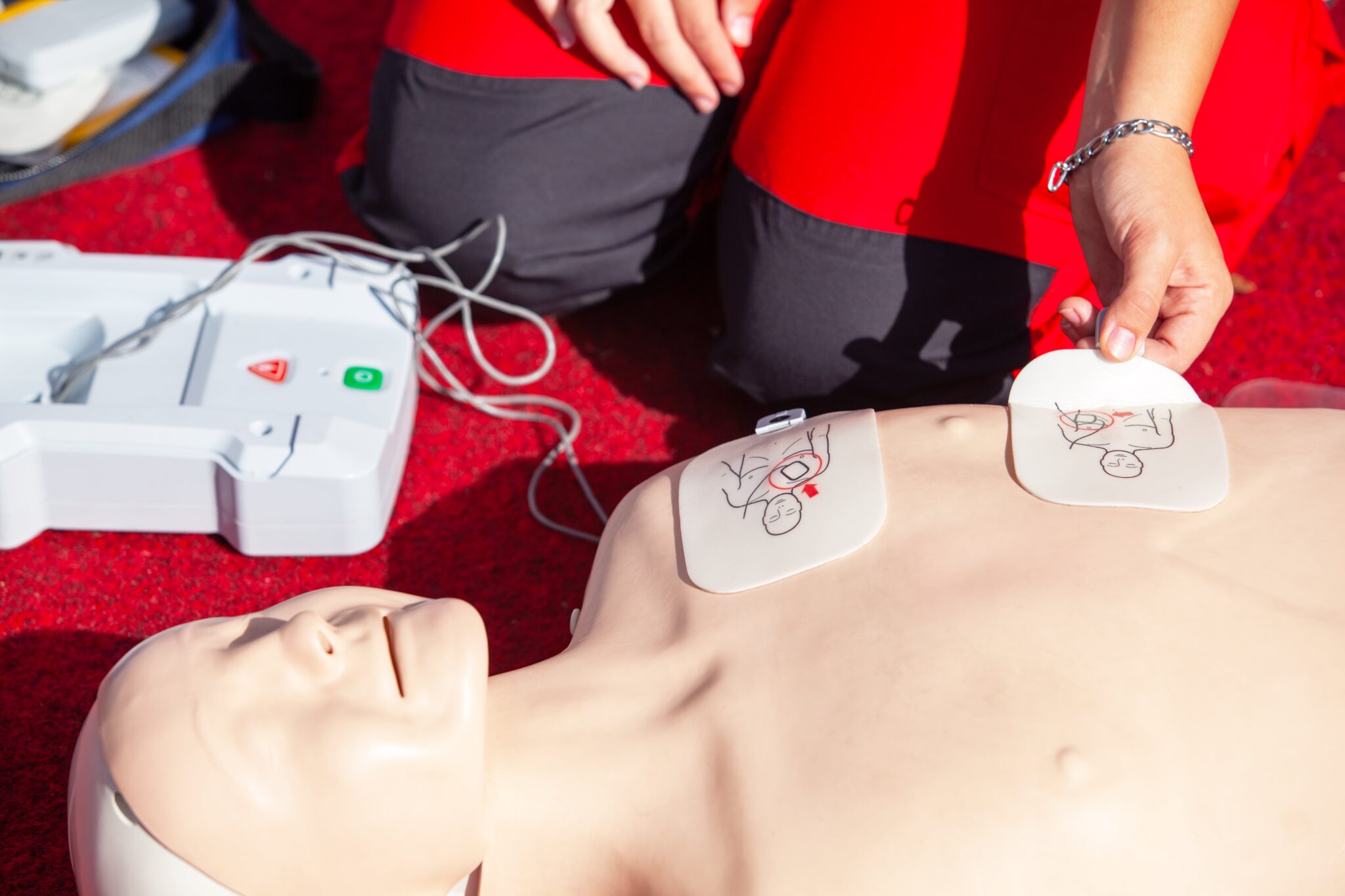
Price: Lowest prices in Fresno. Guaranteed.
Convenience: 60+ CPR testing sites. Classes offered daily.
Trust: Founded 1989. AHA Training Center
Fresno, nestled in Fresno County at the heart of California’s Central Valley, is a city brimming with diversity and a strong sense of community. Known for its vibrant culture, rich agricultural roots, and welcoming atmosphere, it’s the perfect place to learn Basic Life Support (BLS). Whether you’re a healthcare worker, a teacher, or simply a caring neighbor, mastering BLS in Fresno means gaining the skills to make a difference in a city that thrives on connection. With its bustling neighborhoods, schools, and workplaces, being prepared to respond in emergencies isn’t just helpful; it’s a vital way to contribute to the safety of this dynamic and close-knit community.
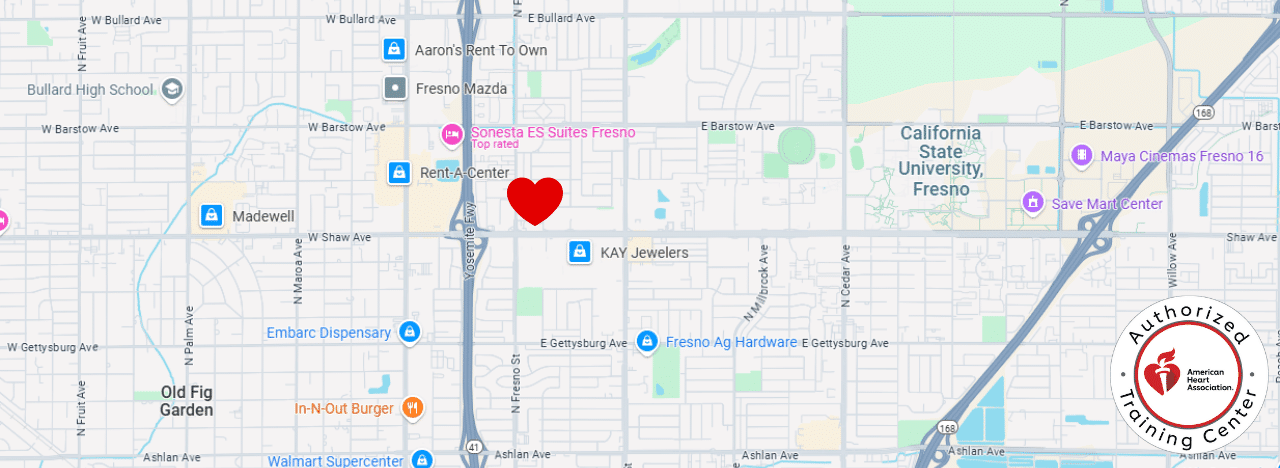
American Heart Association Classes Near Me
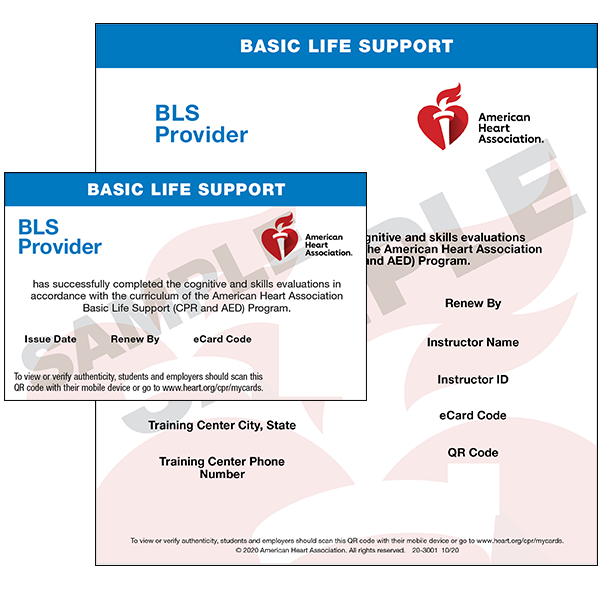
Basic Life Support
Online Course: 1-2 hours
Skills Testing: 30 minutes
100% Pass Rate Guaranteed
Lowest Prices In California
Receive Card On Class Day
Thousands of 5 Star Reviews
CE Credits to CA Dentists
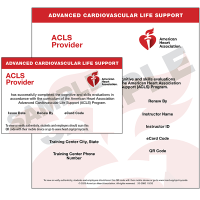
Advanced Cardiac Life Support
Online Course: 2-3 hours
Skills Testing: 30 minutes
100% Pass Rate Guaranteed
Lowest Prices In California
Receive Card On Class Day
Thousands of 5 Star Reviews
Some Professions: 2-3 CEU
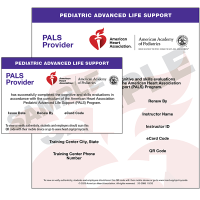
Pediatric Advanced Life Support
Online Course: 2-3 hours
Skills Testing: 30 minutes
100% Pass Rate Guaranteed
Lowest Prices In California
Receive Card On Class Day
Thousands of 5 Star Reviews
Some Professions: 3.75-5 CEU
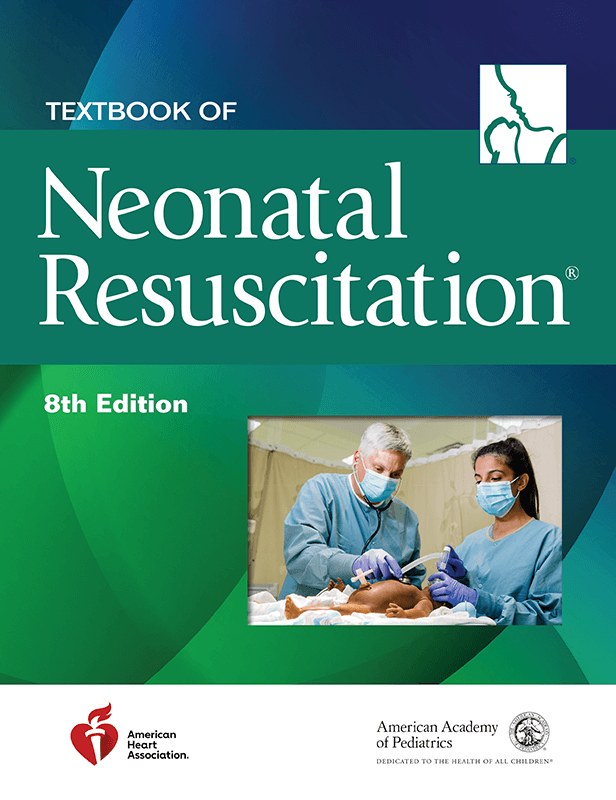
Neonatal Resuscitation Program
Online Course: 2-3 hours
Skills Testing: 3 hours
100% Pass Rate Guaranteed
Lowest Prices In California
Receive Card On Class Day
Thousands of 5 Star Reviews
Some Professions: 4 CEU
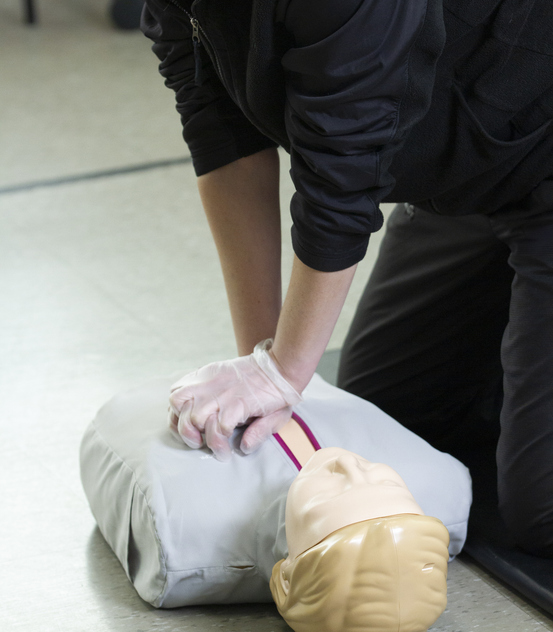
Audience: General public
Topics: CPR for all age groups, AED use, bleeding, epi-pen, etc
Online Session: 1 Hour
Skills Testing: 30 minutes
Card: Safety Training Seminars
Certification: Valid 2 years
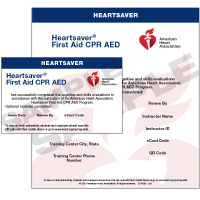
Audience: General public
Topics: CPR for all age groups, AED use, bleeding, epi-pen, etc
AHA Online Course: 1-2 Hours
Skills Testing: 30-45 minutes
Card: American Heart Association
Certification: Valid 2 years
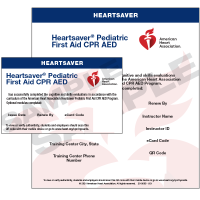
Audience: CA childcare providers
Topics: CPR for all age groups, AED use, bleeding, epi-pen, etc
AHA Online Course: 1-2 Hours
Skills Testing: 30-45 minutes
Card: American Heart Association
Certification: Valid 2 years

Audience: Childcare providers
Topics: Lead poisoning, nutrition, infectious disease,etc
Zoom Course: 8 Hrs (state law)
Skills Testing: 30-45 minutes
Card: EMSA Health & Safety
Certification: No expiration
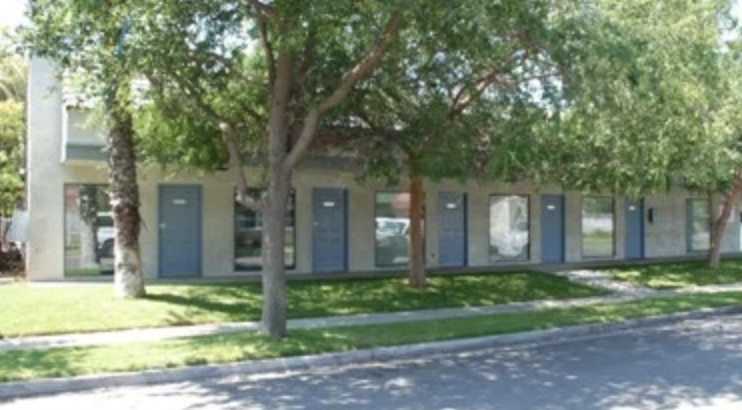
433 E Keats Ave., Suite 4
Fresno, CA 93710
(559) 570-0705
Opening Hours:
Monday: 8 am – 10 pm
Tuesday: 8 am – 10 pm
Wednesday: 8 am – 10 pm
Thursday: 8 am – 10 pm
Friday: 8 am – 10 pm
Saturday: 8 am – 10 pm
Sunday: 8 am – 10 pm

If you’ve recently completed your American Heart Association training with us here in Fresno, we’d love to hear about your experience! Writing a quick review on Google, Yelp, or Facebook not only supports our women-owned small business but also helps others in the Fresno community discover crucial life-saving training programs they can trust.
Many of our students find us through recommendations from local healthcare professionals, educators, and parents who’ve benefited from our courses. Your feedback plays a big role in helping us improve while also guiding your neighbors toward valuable skills that can make a difference in emergencies.
We take pride in serving the Fresno area and are grateful for the kind words of community members like you. Your honest reviews allow us to keep growing and continue delivering top-notch training for nurses, teachers, parents, and anyone eager to learn how to save lives. Thank you for being a part of our mission!
EXCELLENTTrustindex verifies that the original source of the review is Google. I really appreciated the instruction and feedback provided by the trainers during the BLS class, earning me comprehensive and coveted BLS certification that I'm confident will serve me well in any emergency situation.Trustindex verifies that the original source of the review is Google. I was really impressed with the BLS class I took at Safety Training Seminars, which not only effectively trained me in life-saving skills but also gave me reassurance in earning my BLS certification.Trustindex verifies that the original source of the review is Google. Class was excellent! Easy instructions, clean equipment and facility. Thank you!Trustindex verifies that the original source of the review is Google. I recently completed the BLS Class at Safety Training Seminars and left feeling highly confident in my ability to respond to emergency situations with the knowledge and skills I gained. Quick, easy, and seamless course.Trustindex verifies that the original source of the review is Google. I recently attended Safety Training Seminars for BLS certification and was very impressed with the experience, the instructor provided clear and concise instructions that made the material easy to understand, making me feel confident and prepared for my certification exam.Trustindex verifies that the original source of the review is Google. Good place, good manikins, and the online courses for ACLS/PALS are really helpful! Highly recommend!Trustindex verifies that the original source of the review is Google. I’ve taken my CPR/First Aid/EMSA/BLS certification training at Safety Training Seminars for many years. This is a top notch organization!! I know I can count on the instructors at Safety Training Seminars to expertly guide me through the CPR and First-aid class, providing clear instructions and hands-on training to ensure I receive the highest quality of education, ultimately resulting in a well-rounded understanding of lifesaving techniques necessary for BLS and EMSA certification. In prior years, I attended classes in person. I was a bit hesitant to take the hands-on portion in a virtual classroom this year. Happily, it was just as helpful and easy to navigate as the in-person was!! Georgia, an actual live trainer on Skype, was fantastic! Everything was clear, smooth, and thoughtful! Thank you to the dedicated women at Safety Training Seminars!!
Safety Training Seminars provides comprehensive BLS, CPR, and First-aid classes in Fresno, equipping individuals with essential life-saving skills. These courses are tailored for healthcare professionals, teachers, parents, and anyone eager to be prepared during emergencies. Whether you need Basic Life Support (BLS) for your job or want to master CPR and First-aid techniques, our programs are designed to meet your needs with up-to-date training that follows American Heart Association guidelines.
Choosing Safety Training Seminars means learning from experienced instructors committed to quality and clarity. Our hands-on approach ensures you’re confident in your abilities, whether it’s performing CPR, using an AED, or addressing injuries. We take pride in making our classes accessible, offering flexible schedules and a welcoming environment for Fresno residents to gain the skills they need to save lives.
As a women-owned business rooted in the Fresno community, we’re dedicated to creating a safer, more prepared neighborhood. By investing in training through us, you’re not just learning; you’re also supporting a local organization with a mission to make life-saving education available to everyone. Enroll today, and take the first step toward becoming a hero in your community.
Fresno, CA, is supported by exceptional healthcare and medical education resources. Community Regional Medical Center in Fresno is a leading facility, offering specialized care in trauma services, neurology, and burn treatment. It serves as a vital healthcare hub for the region, addressing diverse medical needs. Fresno is also home to UCSF Fresno, an extension of the UCSF School of Medicine, which provides residency programs and advanced medical training. The institution merges practical education with groundbreaking research, contributing to advancements in healthcare. Together, these facilities ensure Fresno residents receive superior healthcare services while producing skilled professionals and fostering medical innovation.